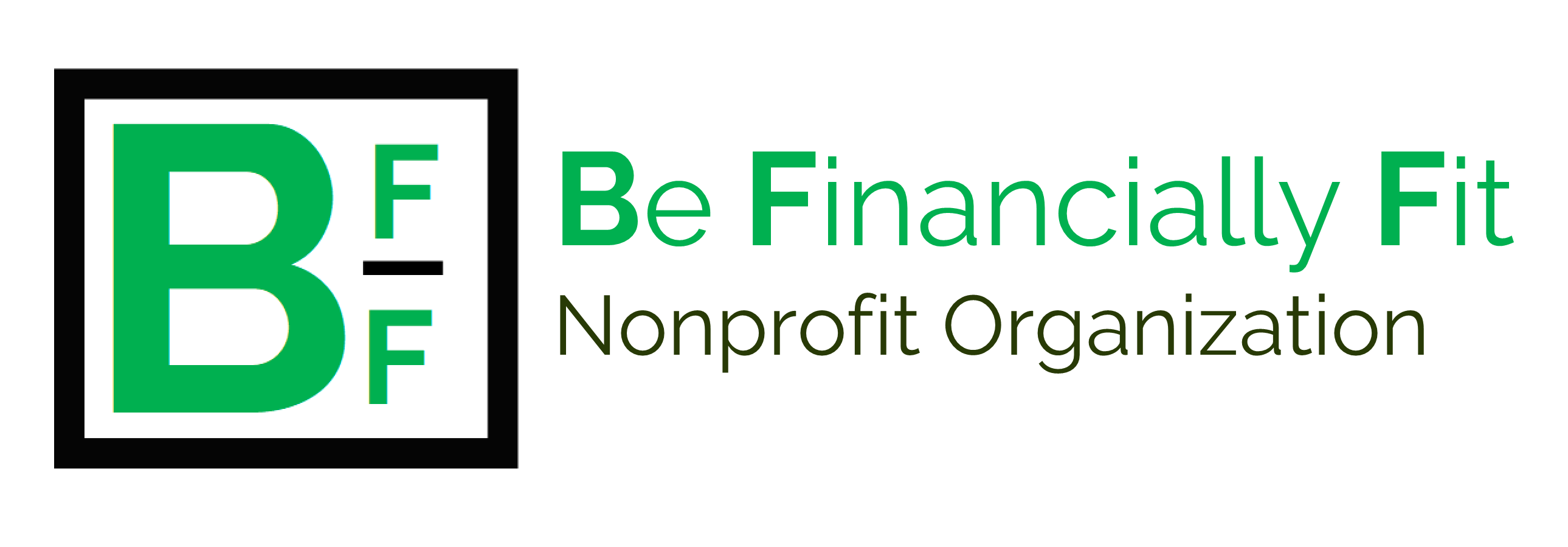
Disposable Income
Financial Wellness can be largely evaluated by three major numbers. Disposable Income is one of them. Your net worth and credit score (three different numbers) are the other two numbers that can help you determine your current financial fitness and begin on a systematic road to financial maturity.
Disposable Income:
Disposable Income is the focus for a better quality of life. This area can be adjusted quickly unlike the net worth and your credit score. Your credit score can take time to improve. Removing errors can quickly improve it, but the rest involves a wise use of credit & patience. However, how you spend what comes in can be carefully reviewed and adjusted.
The skill of reduction is one of, if not the number one key, to improve this amount. I consider this to be key to an enjoyable quality of life. This number is my favorite number to watch improve. Another key is increasing income, but this could lower the quality of life if every day is spent working. However, short-term, it could be the best answer. There are more to this - but this gets you started.
Establishing your starting point, making goals, scheduling these goals, and monitoring progress is not as difficult as it seems. The minimal time spent once learned can lead to a tremendous improvement of the quality of life for some. For others, they may never experience the negative impact of some decision made simply because you did not... because you are aware and can protect yourself.
What to Do:
1. Prepare an Income and Expense to calculate your beginning disposable Income after all expenses are paid.
2. Set your budget for each category. Make it reasonable. For example: When I see zero for recreation, I know this usually does not last. Even going to free recreational things has a cost. When a budget is set for zero convenient store, fast food AND eating out expenses, this is usually not going to last either. Unless there is a reason for extremes for a specific necessary goal, the goal is overall wellness and lifestyle balance. Consider like a diet - huge extreme changes usually do not stick, deprivation usually does not last and many time the rewards given undue any short-lived progress from the extreme behaviors. Moderate and Steady wins the race to a balanced lifestyle.
3. Prepare a one month spreadsheet and enter all spending for that month. Notice strong and weak points. Did you set a budget for eating out not to exceed $20 a week and found you spent $120 on eating out, eating out tax, tips, convenient store stops, fast food? Then you have your next goal. Making financial behavior changes sometimes making changes in other areas as well for overall wellness. That is why the mission statement focus is "overall wellness with a focus on financial fitness" for Be Financially Fit.
4. Adjust your spending in each area to keep to that areas budget. Keep doing the spreadsheet if you find it beneficial. Set new goals if needed.
5. Schedule your Goals! This is key to success.
6. Reviewing the Overcoming Obstacles Skill and prepare for your personal obstacles and what to do when you face new ones. Life gives all of us set backs and obstacles, and those with the skills to overcome them can usually avoid completely running off the roads. Sometimes unforeseen circumstances strike -- and if they do -- these skills can be called on to find the sources internally and externally to get back on the roads.
EDUCATIONAL WORKSHOPS & SERVICES OFFERED
You are welcome to call to schedule a free Educational Workshop for at least eight people. It is preferable to keep that number under 15.
We also offer Financial Wellness Coaching. The cost is on a sliding scale. This is an intense course, but you are not downloaded with a ton of information and sent away. Rather you are given a structured, scheduled, personal road map designed for your personal success.
To emphasize.. you can do this yourself at no charge if you have a group. Why a group? The BFF is a nonprofit that offers these workshops free. Information is also placed on both Be Financially Fit and this website for you to this yourself. However, for individual coaching, you are charged a low cost.